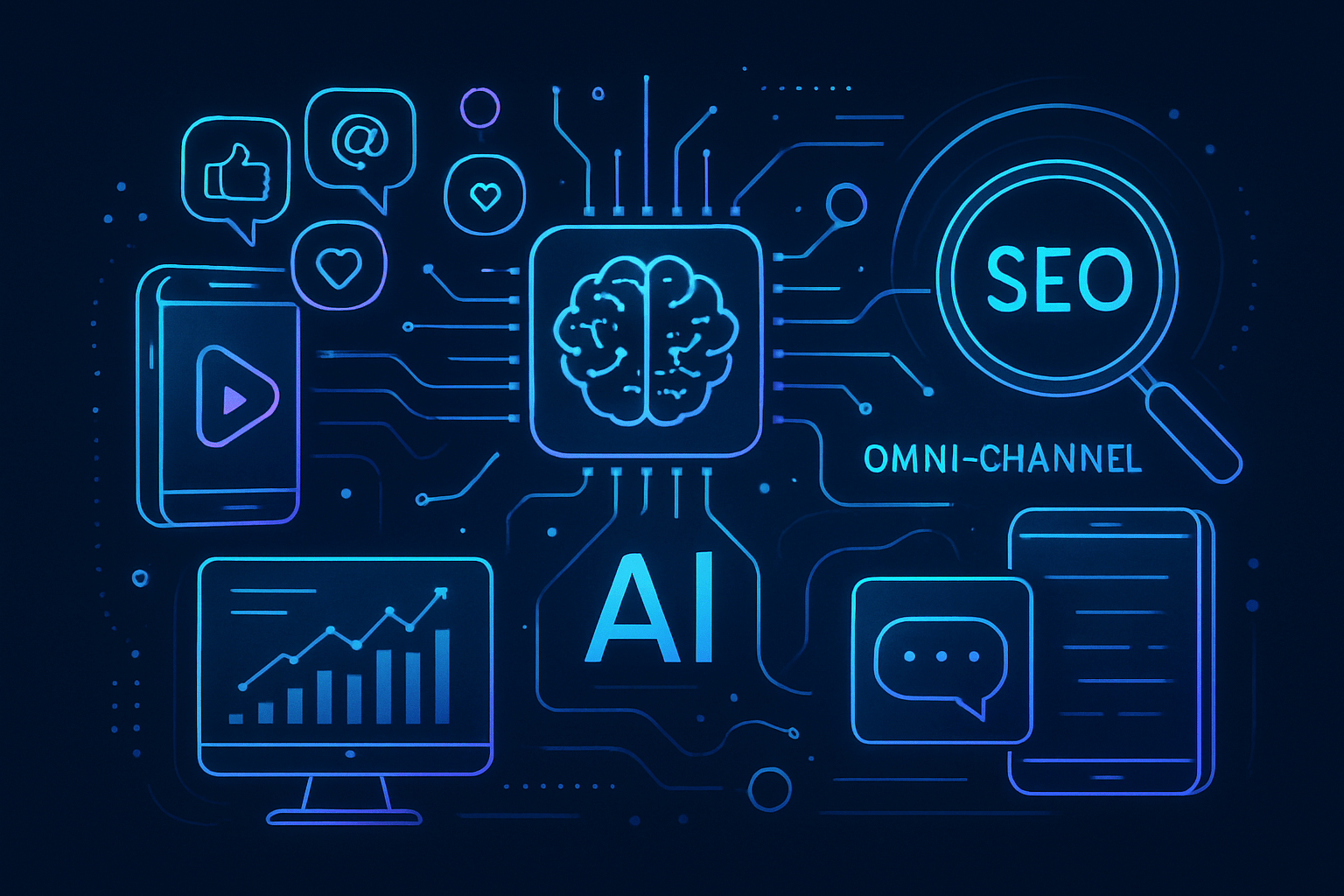Digital marketing has undergone a remarkable transformation, evolving from basic online advertisements into a sophisticated, data-driven ecosystem. This evolution allows brands to connect with consumers in highly personalized and engaging ways. Over time, digital marketing’s development has been propelled by technological advancements, shifts in consumer behavior, and innovative platforms, creating a dynamic landscape that constantly adapts and grows.
Initially, digital marketing was quite rudimentary, primarily relying on static websites and simple email communication. As technology progressed, marketers adopted interactive websites and embraced strategies like search engine optimization (SEO), content marketing, and pay-per-click advertising to boost online visibility and effectively reach target audiences. This shift enabled businesses to move beyond broad messaging toward highly personalized user experiences that better engage customers.
Key drivers in this evolution include the rise of social media platforms, which revolutionized marketing by facilitating direct, personal interaction between brands and consumers. The widespread adoption of mobile devices further expanded digital marketing’s reach, introducing mobile-friendly websites, applications, SMS marketing, and location-based targeting, enabling marketers to connect with users anytime, anywhere. Additionally, video marketing emerged as a powerful tool to convey brand messages efficiently and effectively, often significantly increasing engagement rates.
The integration of big data and artificial intelligence (AI) has ushered in a new era of digital marketing centered on analytics and automation. Today’s marketers leverage predictive analytics, customer relationship management (CRM) systems, and AI-driven personalization to precisely tailor campaigns to consumer preferences, enhancing both efficiency and effectiveness. AI-powered chatbots provide real-time customer support, improving the user experience, while automation streamlines campaign management across various channels.
Current trends emphasize
omnichannel marketing, where seamless user experiences across devices and platforms are paramount. Consumers now move fluidly between channels, and brands must maintain consistent messaging and engagement wherever their audiences are present. There’s also a growing focus on
privacy and data protection in response to regulatory changes, influencing how marketers collect and utilize consumer data.
Looking ahead, technologies like virtual and augmented reality (VR/AR) are expected to create immersive marketing experiences, while blockchain and Web3 could foster greater transparency and authenticity in brand interactions.
Short-form and interactive content,
influencer and community marketing, and
sustainable business practices are also shaping the future of the digital marketing landscape.
In essence, digital marketing has transformed from simple online promotions into an intricate, technology-infused discipline. It now leverages data, personalization, and multi-channel engagement to build meaningful relationships with consumers. This evolution is continuous, driven by ongoing innovation and changing consumer expectations.
